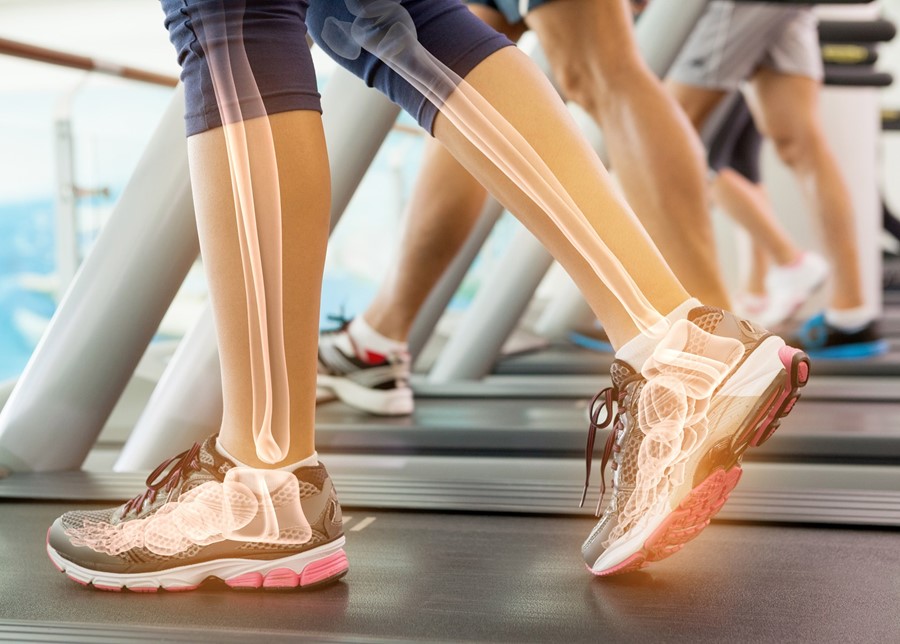It is a slow process, but yes, we can re-grow and improve the health of our body’s cartilage and in so doing remove a great deal of pain and discomfort. Medical Practitioners and Surgeons are unlikely to agree and look instead towards pain relief, anti-inflammatories and eventually surgery.
What is the make-up of Cartilage? Chondroblasts are cartilage-forming cells that are a specialized type of chondrocyte. Chondroblasts are responsible for the formation of the matrix of cartilage and are responsible for the endogenous production of glucosamine, a component of cartilage.
Foodstate Glucosamine: May "instruct" chondroclasts to cease destroying cartilage and may reactivate chondroblasts to recommence "building" new cartilage.
Minerals: Foodstate Selenium may enhance the differentiation of chondrocytes into chondroblasts. Silicon may stimulate chondroblasts to deposit certain Proteins and Glycosaminoglycans onto Cartilage matrix.
These Substances may Interfere with Chondroblasts: Aspirin and Non-Steroidal Anti-Inflammatories (NSAIDs) interferes with the ability of chondroblasts to stimulate the production of new cartilage.
Foodstate Vitamin D3: Helps to prevent Osteoporosis. People with the highest intake of Vitamin D throughout their life have the lowest incidence of Osteoarthritis.
Foodstate Vitamin C: Vitamin C helps prevent osteoporosis, accelerates the healing of fractures and helps preserve the integrity of the Intervertebral disks by retarding the erosion of cartilage.
Enoceride features extracts of a marine origin that contribute to the body's supply of collagen and elastin.
Joint & Bone Formula: Contains nutrients that support every aspect of the joint that are in short supply in the diet. Several minerals are implicated in the protection and formation of cartilage.






